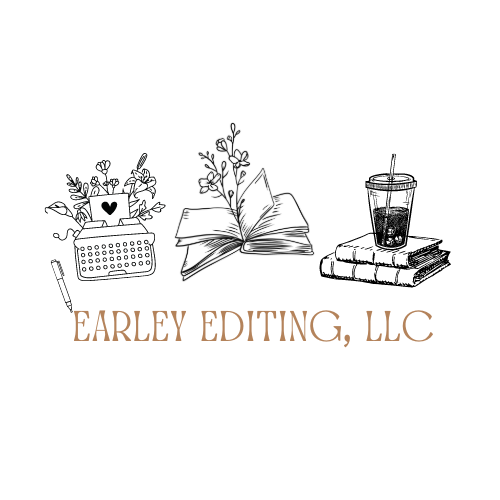10 Common Writing Necessities
Every writer has different needs and necessities to get them in the groove of writing. This varies based on individual preferences, writing styles, environments, and even genre. For example, maybe you’re a writer who needs to listen to music to write, but if you’re writing a romance novel, you’re not going to listen to creepy Halloween music. However, there are some commonly essential items for many writers. Here are 10 common writing necessities:
Writing Tools: Pens, pencils, or markers are essential tools for jotting down ideas, making notes, or drafting outlines. Find the writing instrument that feels comfortable and suits your writing style.
Notebooks or Journals: Having a designated space to record ideas, plot points, character sketches, or to simply free-write can be invaluable. Or perhaps you’re a writer who prefers to write on good ol’ pen and paper.
Computer or Laptop: Many writers prefer typing their drafts on a computer or laptop for the convenience, ease of editing, and the ability to easily store and organize their work digitally. These days, there are many writing softwares to choose from. Microsoft Word, Google docs, and Scrivener are just a few popular choices.
Books on Writing Craft: Having reference books relevant to your writing, genre, etc. can be invaluable. For example, we keep The Emotion Thesaurus: A Writer’s Guide to Character Expression by Angela Ackerman and Becca Puglisi right beside us when helping writers implement the “show, don’t tell” technique. Resources such as this can provide information, inspiration, or serve as a resource for fact-checking and research.
Comfortable Writing Space: Create or find a comfortable and inspiring writing environment that suits your preferences. This may include a comfortable chair, a well-lit workspace, a coffee shop, a bookstore, or even a desk or table with decorations that help foster creativity.
Writing Prompts or Inspiration Tools: Some writers find it helpful to have writing prompts or tools to stimulate their creativity. This can include prompt books, online writing prompt generators, or even objects or images that serve as sources of inspiration. Most writers are addicted to scrolling through inspo pics on Pinterest. We get it.
Time Management Tools: Writing requires discipline and holding oneself to time management to make progress. Consider using tools such as timers, calendars, or productivity apps to help you establish writing routines, set goals, and manage your time effectively.
Music or Ambient Noise: Many writers find that listening to music or ambient noise, such as instrumental tracks or nature sounds, helps create a conducive writing atmosphere and aids in concentration. Experiment with different types of background sounds to see what works best for you. Maybe you need complete silence to get words on the page.
Personal Rituals or Comfort Items: Some writers have personal rituals or comfort items that help them get in the writing zone. This could be anything from a favorite mug for their beverage of choice, a specific blanket, or a particular scent that helps set the mood.
Snacks or Beverages: Some writers thrive off caffeine, whether coffee or tea. Others need a bag of M&M’s beside them at all times. Either way, having something to reward yourself with can be beneficial to your writing progress, or a great way to reward yourself upon reaching goals.
Remember, while these items can be helpful, the most important aspect of writing is your creativity. Find what works best for you and create a writing routine and environment that supports your process and helps you achieve your writing goals. The more comfortable and focused you are, the better your writing session will go.
